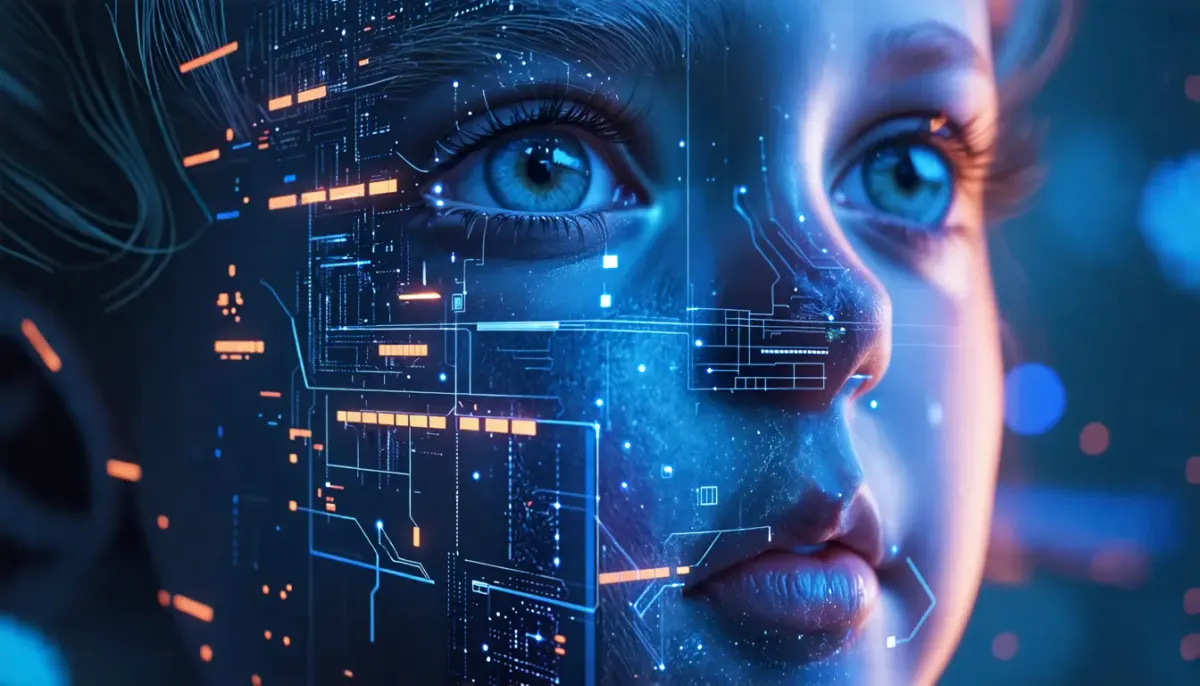California Enacts New Laws to Combat AI-Generated Child Sexual Abuse Images

California's New Laws to Protect Children
California Governor Gavin Newsom has recently signed two significant bills aimed at protecting children from AI-generated deepfake sexual images. These measures come as a part of the state's ongoing efforts to regulate the rapidly evolving artificial intelligence industry and safeguard vulnerable individuals from technological misuse. The laws are considered a substantial step forward in the fight against online exploitation and abuse.
Closing Legal Loopholes
One of the primary achievements of these new laws is the closure of a significant legal loophole. Previously, district attorneys often faced challenges in prosecuting individuals for possessing or distributing AI-generated child sexual abuse images, especially when they could not prove that the images depicted real people. With the new legislation in place, this obstacle has been removed, allowing for more straightforward legal action against perpetrators.
Felony Offenses and Protection of Minors
The newly signed laws make it clear that possessing or distributing AI-generated child sexual abuse images is now considered a felony, regardless of whether the images depict real children or not. This crucial change ensures that all forms of child sexual abuse material are deemed illegal, providing stronger protections for minors from the misuse of AI technologies. The laws underscore the importance of treating AI-generated harmful sexual imagery with the same severity as real child abuse material.
Bipartisan Support and AI Training Concerns
The bipartisan support these laws received demonstrates a broad consensus on the necessity of addressing AI-generated sexual abuse imagery. Legislators from both sides of the aisle recognized the urgent need to protect children and prevent revictimization. AI tools creating such images are often trained on thousands of photographs of real children being abused, effectively revictimizing those children each time the tools are used. Addressing this issue was a key motivation behind the new legislation.
Responsibilities of Social Media Platforms
Under the new laws, social media platforms now carry specific responsibilities. They are required to provide users with the ability to report AI-generated sexually explicit deepfakes for removal. Once such content is reported, platforms must temporarily block and then permanently remove it if it is confirmed to be AI-generated. This step is vital in ensuring a safer online environment for users, particularly children.
Disclosure, Transparency, and Broader AI Regulation
In addition to content removal requirements, another bill necessitates generative AI systems to include provenance disclosures in the content they generate. This measure aims to increase transparency and help users identify AI-generated content more easily. These laws are part of California's comprehensive approach to regulating AI, which includes initiatives to combat election deepfakes and protect individuals from various forms of AI-generated misuse.
National Impact and Future Legislation
The actions taken by California are expected to serve as a model for other states and potentially influence federal legislation. Nearly 30 states are considering similar measures to address the proliferation of AI-generated sexually abusive materials. California's leadership in this area highlights the state's commitment to using legislation to mitigate the risks and harms associated with advanced AI technologies, particularly in protecting the most vulnerable members of society.

